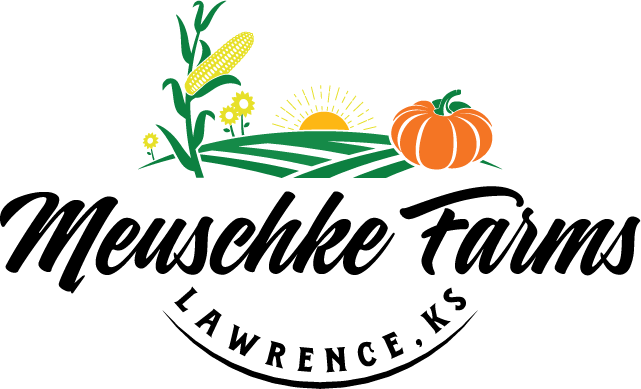The Perils of the Big Box
A standard chicken raised in one of the big production houses is confined to an area the size of an oven – for its entire life. These birds may never see the light of day, never feel grass beneath their feet, never taste a bug or a worm, and never roam free in a pasture. That is just plain WRONG.
Most chickens are pumped full of grains that make them so fat that their legs are often unable to support their weight and eventually give out, breaking under the strain of this extreme load. To mitigate this, they are often injected with antibiotics that sturdy up the legs and allow them to survive to six weeks. At this point, they are processed for production, wrapped in plastic, sold to you at the grocery store, and fed to your families.
Organic Shmorganic
Unfortunately, organic and "free range" birds may not be much better off. Organic simply means that the chickens' feed has been certified by a government agency to contain no unnatural fertilizers or pesticides. However, the chickens may still be living their lives stacked two-high in a feed house, defecating on one another in a life of chicken misery.
Most of these big-box chickens are de-beaked, a process that involves half of the beak of each chicken being chopped off. This prevents the chickens from resorting to the cannibalism and suicide that occurs as a result of living under such cruel conditions. These behaviors aren't difficult to imagine. Chickens are designed to pick and scratch for their entire lives. We firmly disagree with the inhumanity involved in the de-beaking process and are committed to providing healthy alternatives to this all too common practice.
What about free range? This certification has been widely abused throughout the poultry community. One might think the term should mean that the birds have room to explore, play, and forage. But this has come to mean something entirely different. Take that same feed house from the previous few paragraphs, cut a little hole in the wall, and it's suddenly considered "free range." Even if the feed house is surrounded by dirt and the chickens literally never go outside to act like chickens, this is considered free range because they have the "option" to explore. You may want to rethink paying the extra $5 for this "upgrade" the next time you're at the supermarket.
Our Solution
So why the rant and what are we going to do about this modern day food catastrophe? Consumers are becoming more educated every single day. Many people are no longer putting up with big box chicken practice and are learning that there is an alternative. As described above, the labels and stamps such as organic and free range simply cannot be relied upon. The only way to guarantee healthy food is to know your farmers, understand their inclinations and motivations, and get out to the farm to see your food in action. Our chickens forage naturally eating grasses, insects, fertilizing our pasture and a high quality, safe feed. Our chickens are raised in an electric poultry netting for their protection from predators on the ground and our german shepherds also provide a level of deterrence from the usual suspects... coyotes, fox, hawks, owls, eagles, possom, raccoons, cougar and stray dogs & cats.
Regrettably, there simply aren't many options. The truly primal raising of our chickens is fun and gives us a great feeling knowing where and how they where cared for when with us. A true Farm to Table experience for the consumer. We are committed to raising the best chickens. We raise our families on these meats and encourage you to do the same. Follow our Facebook Page to notify you as products become available.
How to order
We will be raising Cornish Cross chickens this year.
SOLD OUT AT PRESENT TIME
Cornish Cross are same breed sold in most grocery stores, but grown from the most healthy stock available as well as raised properly. We will only be offering these birds from August through September. Processed in an USDA facility and vacuum sealed, labeled and frozen.
Delivery will be at a few convenient locations around KC Metro for pick up.


